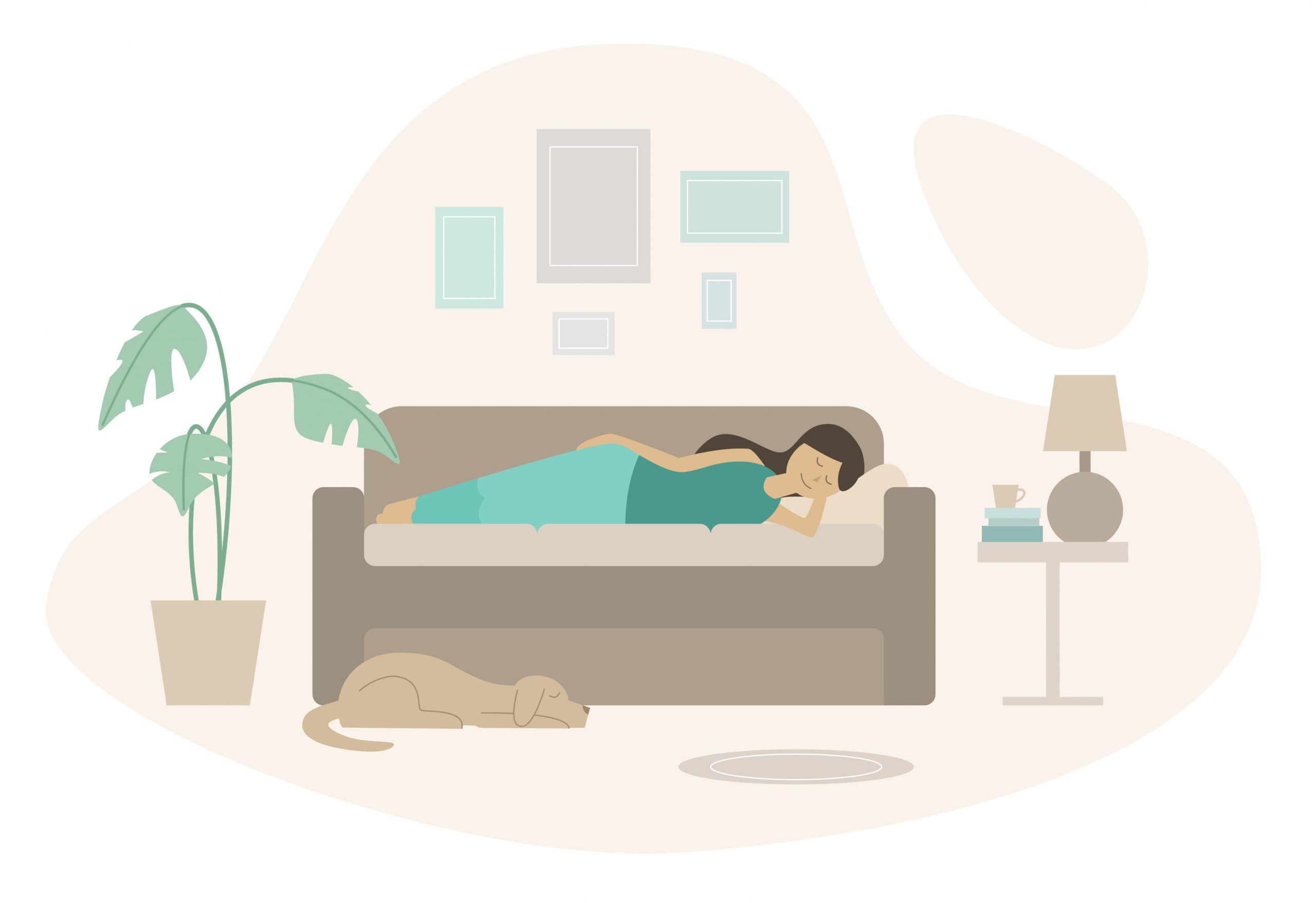A nap is a brief period of sleep often taken at some point throughout the day. Taking a nap may be something you’re considering doing if you don’t get enough sleep or if you’re simply searching for a place to unwind. But taking a nap at the incorrect moment of the day or for too long might have unintended consequences. Acquire the skill of getting the most out of your naps.
What Are Some of the Advantages of Having a Nap?
Adults who are physically and mentally fit may get several advantages from napping, including the following:
- Relaxation
- Lessening feelings of exhaustion
- Heightened awareness and vigilance
- Enhanced performance in all aspects, including speedier response times and improved memories
What Are Some of the Downsides Associated with Taking Naps?
Not everyone enjoys dozing off throughout the day. Napping may necessitate sleeping in a location other than one’s bed, which is difficult for certain persons who have problems falling or staying asleep in unfamiliar environments.
Napping has the potential to produce adverse consequences, including the following:
- Sleep inertia
- When you wake up after a sleep, you could feel sluggish and confused for a while.
- Problems sleeping throughout the night
In most cases, the quality of a person’s nocturnal sleep is unaffected by taking brief naps throughout the day. Napping, on the other hand, may make your sleep issues, such as insomnia or poor quality of sleep at night, much worse. Naps that are too long or too frequent might disrupt sleep throughout the night.
When Is the Right Time for Me to Take A Nap?
If any of the following apply to you:
- Feel a sudden onset of weariness or an unanticipated drowsiness
- Are going to suffer from a lack of sleep, such as because of a particularly long work shift
- Do you want to make napping an intentional part of your daily schedule?
- Is it possible that a sudden rise in the demand for naps might point to an issue with one’s health?
Talk to your doctor if you’ve seen an increase in your need for naps but can’t pinpoint a specific reason why you may be feeling more tired than usual. It’s possible that you’re taking medicine, have a sleep problem, or have another medical condition causing trouble sleeping at night.
How Can One Go About Napping in The Most Effective Manner?
Follow these suggestions to make the most out of your snooze time:
- Short Naps Are Better Than Long Ones:
A short snooze of 10 to 20 minutes should be all you aim for. The longer you sleep, the greater the likelihood that you will wake up feeling foggy. However, young individuals may withstand longer sleep times than older ones.
- Naps Are Best Taken in The Early Afternoon:
Napping after three in the afternoon might make it difficult to fall asleep at night. There are a number of personal aspects that might come into play when selecting the optimal time of day to take a nap, including your age, the medications you take, the amount of sleep you need, and the regularity with which you sleep.
- Create A Calm Atmosphere:
Take a nap in a calm, dark, and comfy location, with a just right temperature and very few disturbances. Allow yourself some time to wake up after taking a sleep before returning to activities, especially ones that need a prompt or acute reaction from you.
Parting Thoughts
Some elements influence whether or not napping is beneficial, including your age, the time of day you sleep, the length of time you snooze, and the purpose behind your nap. It is crucial to understand how each of these aspects influences the effect of sleep to derive the most advantage from napping.








